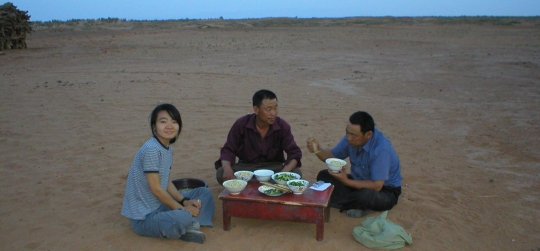Projects

Research Themes
1. Aid Trends and Development
Our research explores historical and contemporary processes and shifts in international aid. The work is both focused on New Zealand’s aid in the Pacific as well as larger aid trends. This examines the changing policies of donors, particularly as they relate to the tension between domestic political concerns and global agendas for aid, and the way aid might be shaped to fit the aspirations, capabilities and capacity of recipient countries and agencies in the Pacific. Of particular concern is the way local institutions in the Pacific are being either constrained or enabled to develop their own development trajectories and strategies.
2. Migration and Development
Our migration and development research specialises on human migration and migration governance, using both qualitative and quantitative methods. In addition to comparative work on diasporas and transnationalism, work has covered the topics of migration and development, highly skilled migration, global migration governance, international migration data, and methodology in migration studies.
3. Ethical Value Chains
Recent years have witnessed rapid growth of what we term ethical value chains (EVCs). EVCs aim to augment the value of commodities through the addition of an ‘ethical premium’ which seeks to establish, regulate and certify a link between producers and consumers that assures authenticity, justice and sustainability. EVCs encompass such things as fair trade, organic or sustainable production and geographical indications (GIs). Our EVCs research looks to assess the scope that EVCs offer for diversification away from commodity dependence and towards equitable and sustainable forms of development.
4. Environmental Policy and Development
Our research in environmental policy and development seeks to investigate the close relationships between the political-economic spheres and the distribution and access to resources in developing countries. Particular attention is placed on macro-economic growth and the implications on resource access for marginalised groups. Our research also includes a number of projects based on REDD+ (Reducing Emissions from Deforestation and Forest Degradation) policy and implications.
5. Geographical Indicators
Research in the field of geographical indicators (GIs) is specifically focused on wine, place and capital. The global wine industry is being rapidly transformed and this has important geographical implications. Firstly we can see that ‘place’ is becoming an important element in production, helping to establish a wine’s provenance and supposed quality. Wine regions are being constructed by the industry to build and protect ideas of place. Secondly, we can discern some interesting ways in which capital investment in the wine industry articulates in complex ways with other forms of capital, labour and local regulatory institutions.
Research Projects (Marsden Funded)
- Inverse Sovereignty (2011-2013)
- REDD+ (2012-2014)
- Migration, Education and Development (Proposed)
- Ethical Value Chains (Proposed)
